Call Us Today
Need to speak to a lawyer about a criminal matter? Book in a Free of Charge meeting today.
Understanding the ACT Drug Decriminalisation Law and Its Impact
Facing a criminal offence? For professional and competent legal advice, talk to a criminal defence lawyer from Andrew Byrnes Law Group. We are trusted criminal lawyers in Canberra who represent clients in the ACT and NSW for all types of criminal offences.
Among other states and territories, the ACT becomes the first Australian jurisdiction to decriminalise small quantities of illegal substances, such as cocaine, ecstasy (MDMA), ice, heroin, LSD, and amphetamines.
On October 22, 2022, the ACT Legislative Assembly approved the Drugs of Dependence (Personal Use) Bill Amendment. Although it won't take effect for another 12 months, the drug law reform covers the decriminalisation of drug use with possession limits as indicated below.
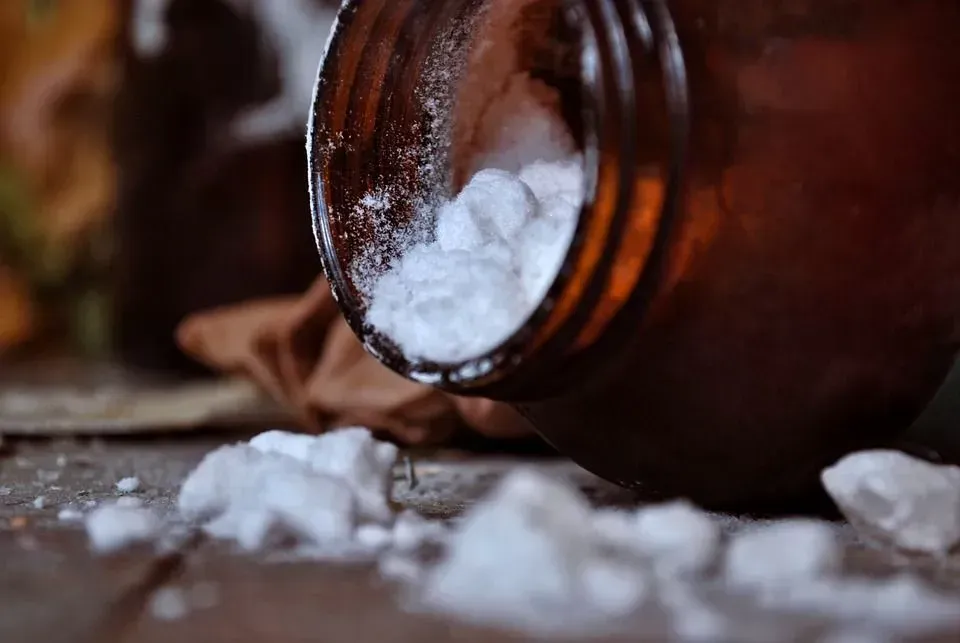
- Amphetamine - 1.5 grams
- Cocaine - 1.5 grams
- Meth- 1.5 grams
- Ecstasy or Methylenedioxymethamphetamine (MDMA) - 1.5 grams
- Heroin - 1 gram
- Cannabis - 50 grams
- Psilocybin - 1.5 grams
- LSD - 0.001 grams
Ice, cocaine, and amphetamine will all have a 1.5 gram possession cap, as well as a 1.5 gram or five dose limit for ecstasy and a five dose limit for LSD. However, there will be a gram restriction on heroin.
It's important to note, however, that although drug possession has been decriminalised in the ACT, drug distribution remains illegal.
Laws in legalising cannabis possession have already been passed in the ACT - with 50 grams of dried cannabis and 150 grams of harvested cannabis as the maximum amounts that may be in your possession.
The ACT government made the reforms in order to enhance diversion from the criminal justice system and prioritise a health-focused response to personal possession of illicit drugs.
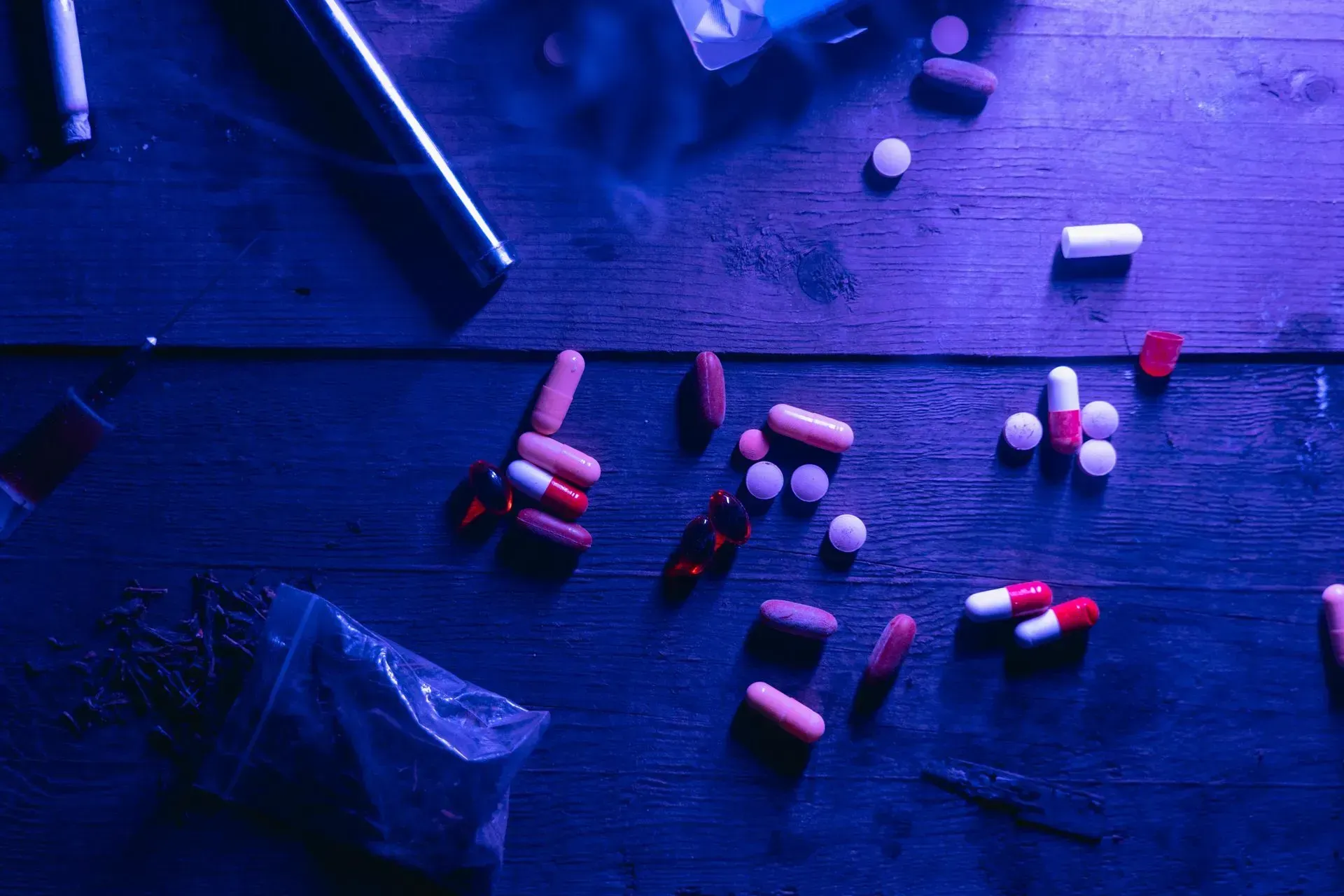
Drug Decriminalisation Laws Do Not Mean Legalisation
At any rate, decriminalisation of drug use does not equate to legalisation. Hence, it is important to understand that under the drug decriminalisation law, buying or obtaining drugs for personal use is still deemed as illegal.
However, if the person is caught carrying drugs for personal use, the police won't charge the person with a criminal offence, but instead, he/she will just be detained and the drugs will be confiscated.
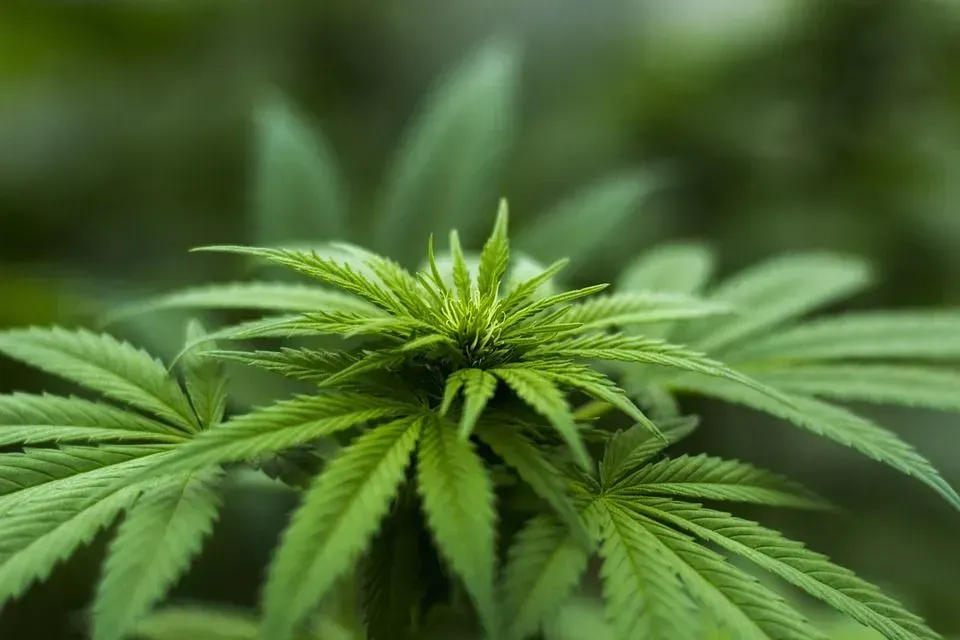
The primary advantage of decriminalisation for Australian citizens is that use of illicit drugs no longer results in a criminal record. Thus, decriminalisation lies on a continuum between full prohibition with its associated criminal sanctions, and legalisation where drug use is permissible.
What Changes Are Made Under ACT's Drug Law Reform
Under the existing legislation, the ACT government strictly prohibits drug possession and the use of illicit drugs. As a result, drug users are charged with a criminal offence that is subject to a maximum penalty of $8,000 fine or an imprisonment of up to two years.
But under the new legislation, people who are discovered in possession of modest quantities of any of the nine illicit drugs will not face criminal charges. Hence, the owner of the drugs will either have the drugs seized, pay a $100 fine, or be instructed to enter an illicit drug diversion program.
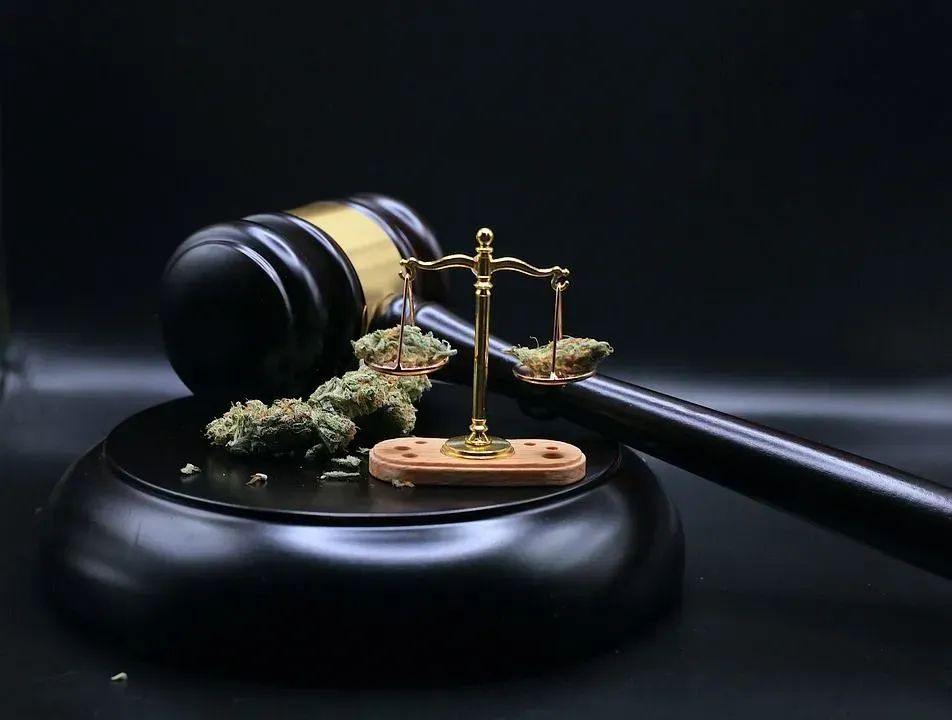
Decriminalising Drugs as a "Health Response"
According to the health minister for the ACT, Rachel Stephen-Smith, minimising harm rather than punishing the criminally prosecuted was the best course of action to address the prevailing issues regarding poor health services and criminal conviction.
Accordingly, the health minister shares that it has long been characterised as an effort to consider cannabis possession as a medical drug treatment rather than a criminal one.
"With a focus on diversion, access to treatment and rehabilitation, and lowering the stigma associated with drug use, the ACT has led the country with a progressive approach to decreasing the harm caused by illicit drugs." Health Minister Rachel Stephen Smith said.

"We are aware that treating drug use as a health issue rather than a criminal one will not only lessen the harm that drug users experience, but will also lead to a safer society overall. This radical reform is based on the recommendation of experts that the best outcome for drug users is achieved through a health-focused, harm-reduction approach.”
The administration declared that it will strengthen monitoring mechanisms to oversight arrangements and train frontline workers including police, throughout the 12-month transition phase.
Challenges Faced Under the New Law
Jeremy Hanson, the deputy leader of the Canberra Liberals, denounced the insurgent move. Pointing out that the ACT policing opposed the modifications as these may encourage drug dealers and drug users to succumb to drug addiction, hence leading to more crime.
“It wasn’t taken to the community. It’s going to lead to more crime. It’s going to lead to more carnage on our roads,” he told the ABC News, an Australian broadcasting company.
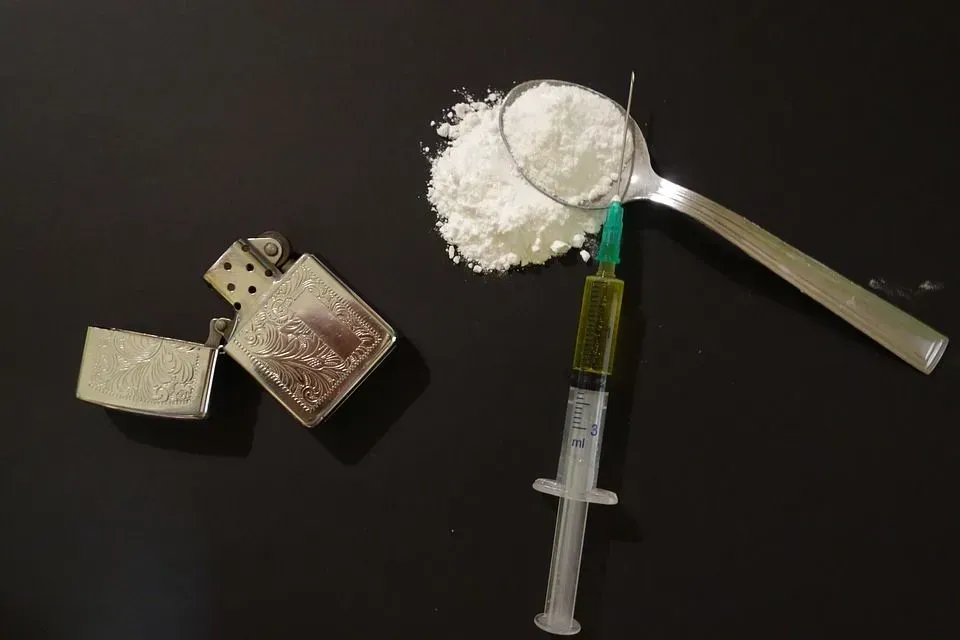
“It won't reduce the number of people entering the criminal justice system, and it won't solve the current issue of people not being able to access treatment", Hanson continues.
Not concurring with the argument put forth by Hanson, Ms Stephen Smith speaks, "With this adjustment, we are only guaranteeing that persons who have possession of small amounts of drugs in their hands for personal use be dealt with a health reaction, not a criminal one. We are not encouraging people to use drugs, and we are not enabling the trafficking or dealing of drugs."
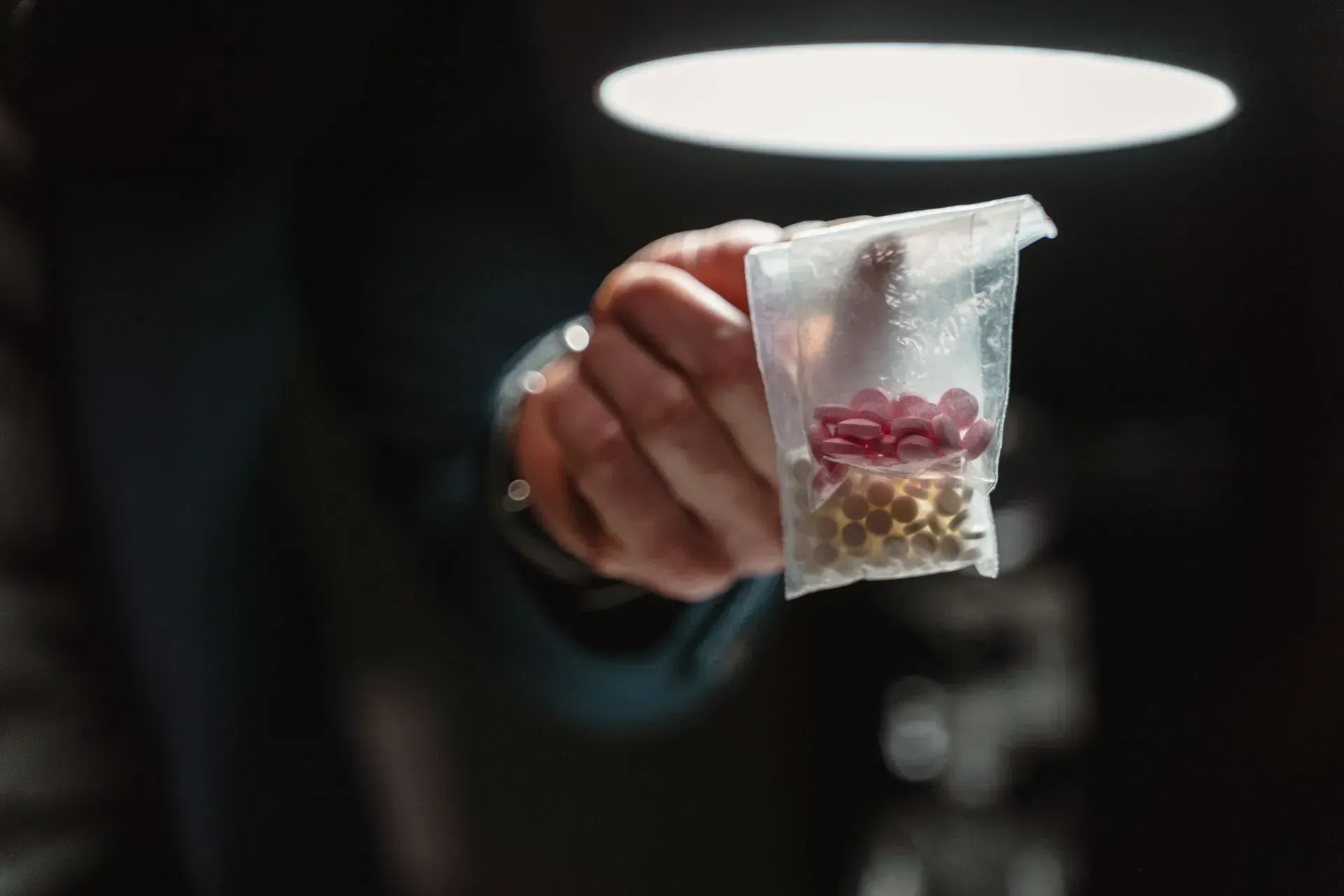
Decriminalisation of Drugs Continues
Countering the narratives made by deputy leader of the Canberra liberals, Labor Backbencher Michael Pettersson, a member of the ACT legislative assembly, believes now is the best time to move forward and see the circumstance as a positive silver lining to address the health issue associated with them.
The drug war, according to Mr. Pettersson, has failed because drug use has neither decreased nor been stopped as a result of it.
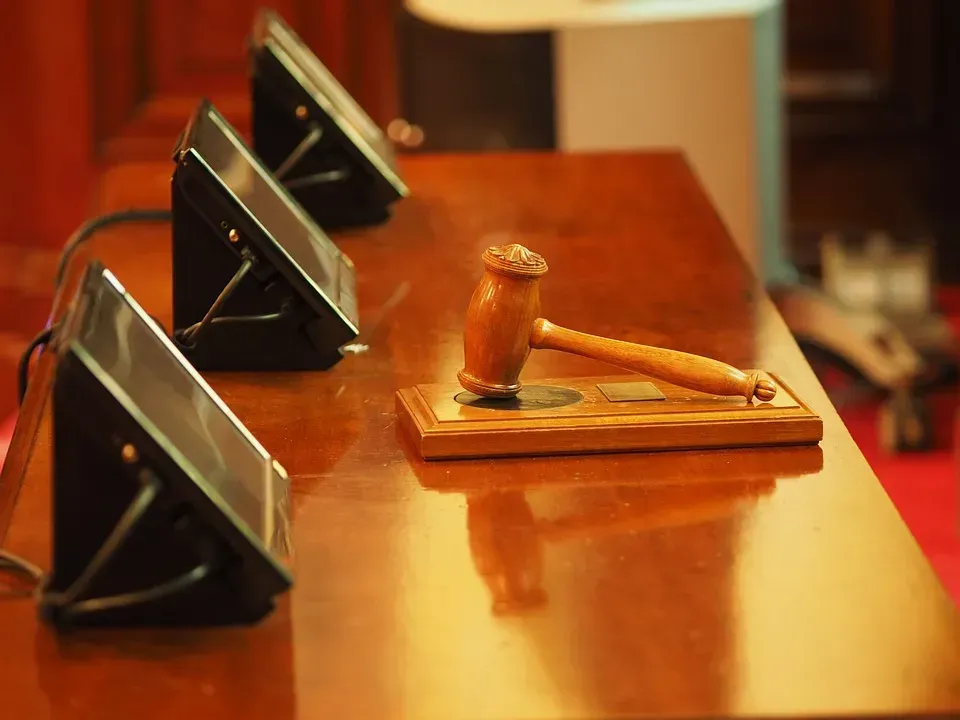
“It’s time we move away from this primitive system which does not work,” he said. “[This] is a sensible, evidence-based approach to drug policy. The bill is about harm reduction and reducing ordinary people’s interaction with the criminal justice system.”
He said that law enforcement should approach possession of drugs like a parent to a young adult - seizing the drugs, warning of the risks, administering a non-life-threatening penalty, and providing medical assistance.
Despite the Canberra Liberals' adamant opposition, the ACT Greens urged the government that decriminalising drugs should further continue.
Leading the Way Towards a Fresh Start
Heroin use and other drugs is pervasive throughout the ACT, making it quite evident that the prohibition laws for drug policy is failing. Thus, the drug law reform suggests that a harm minimisation approach would be beneficial for individuals and the community as a whole.
The modifications will place a higher priority on people's health and safety instead of focusing on criminal conviction alone.

Users are encouraged to seek support and treatment through drug diversion programs and evidence-based techniques such as drug testing, medical marijuana, and heroin-assisted treatment.
Significantly, the ACT designed a progressive strategy for decreasing drug-related harms through the nation's first fixed-site health and drug screening service which has already been put into place.
Conclusion
For ex-offenders, the decriminalisation provides an opportunity for a fresh start. If you have been tarred with a criminal record, the new law can help you recover.
However, if you've been recently charged with an offence involving illicit drugs and you're not sure whether your particular case is covered under the decriminilisation laws rolled out by the ACT Government, it's best to speak to a criminal lawyer for expert legal advice.
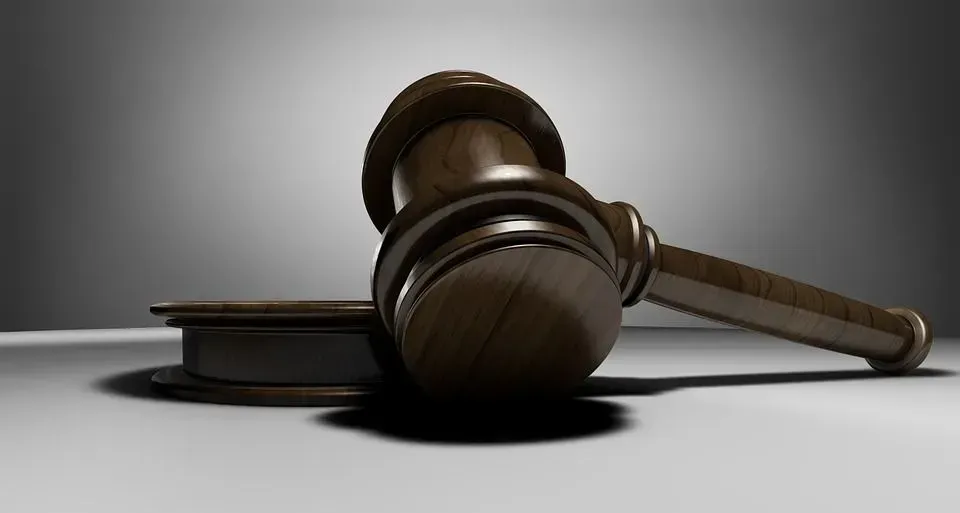
-
Looking for a Law Firm in Canberra?
We can provide support for anything related to Criminal Law, Civil and Commercial Law, Personal Injury or Wills and Estate Planning, we offer free, tailored individual advice based on your circumstances.
I hope you enjoy reading this blog post.
We can provide support for anything related to Criminal Law or Civil and Commercial Law. We offer free, tailored individual advice based on your circumstances.
Phone: 02 6210 1075
Level 3, 1 Farrell Place,
Canberra City ACT 2601
Postal Address.
GPO Box 794, Canberra ACT 2601

Areas We Serve.
Get in Touch.
We will get back to you as soon as possible.
Please try again later.
Let’s Give Back Program
Each year, Andrew Byrnes Law Group donates 1% of its profits to charitable organisations that support Australian families and individuals.
Our Canberra law firm is not only committed to providing exemplary legal services to our clients, but also shares a deep commitment to supporting causes making a difference in our communities.


















